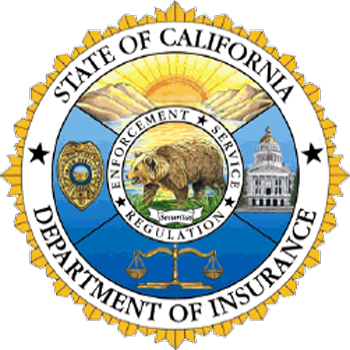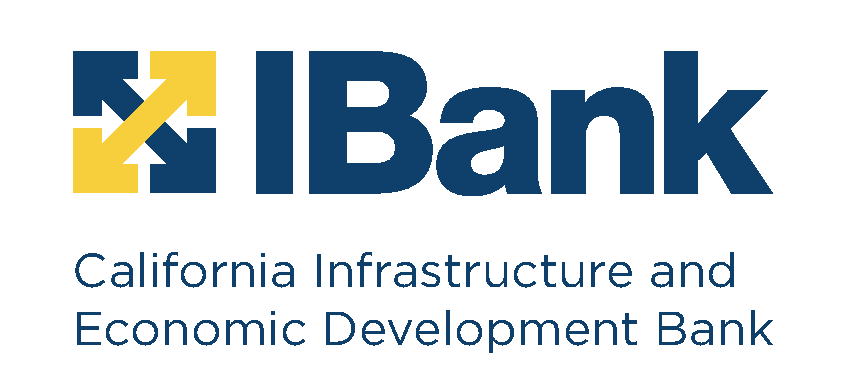The California Department of Insurance (CDI) was created in 1868 as part of a national system of state-based insurance regulation. The insurance marketplace has changed dramatically over time, but consumer protection continues to be the core of CDI’s mission.
Led by Insurance Commissioner Ricardo Lara, the California Department of Insurance is the consumer protection agency for the nation’s largest insurance marketplace and safeguards all of the state’s consumers by fairly regulating the insurance industry. Under the commissioner’s direction, the department uses its authority to protect Californians from insurance rates that are excessive, inadequate, or unfairly discriminatory, oversee insurer solvency to pay claims, set standards for agents and broker licensing, perform market conduct reviews of insurance companies, resolve consumer complaints, and investigate and prosecute insurance fraud.
California Department of Insurance
300 Capitol Mall, 17th Floor
Sacramento, CA 95814
California Department of Insurance
Ricardo Lara – California Department of Insurance Commissioner
Business interruption insurance is insurance coverage that replaces business income lost in a disaster. The event could be, for example, a fire or a natural disaster. Business interruption insurance is not sold as a separate policy but is either added to a property/casualty policy or included in a comprehensive package policy as an add-on or rider.
KEY TAKEAWAYS
Business interruption insurance premiums (or at least the additional cost of the rider) are tax-deductible as ordinary business expenses. This type of policy pays out only if the cause of the business income loss is covered in the underlying property/casualty policy. The amount payable is usually based on the past financial records of the business.
Business interruption insurance coverage lasts until the end of the business interruption period, as determined by the insurance policy. According to the Insurance Information Institute, the standard policy is 30 days, but using an endorsement can extend it to 360 days.1 Most business interruption insurance policies define this period as the date that the covered peril began until the date that the damaged property is physically repaired and returned to the same condition that existed prior to the disaster. There may also be a waiting period of 48 to 72 hours.
What Business Interruption Insurance Covers
Most business interruption insurance covers the following items:
Business interruption insurance is not sold as a separate policy but is an add-on to an existing insurance policy.
What Business Interruption Insurance Does Not Cover
According to the Insurance Information Institute website, you will not be covered for:
Note that the insurer is only obligated to pay if the insured actually sustained a loss as a result of the interruption. The amount that will be recouped by the business will not exceed the limit stated in the policy.















Funded in part through a cooperative agreement with the U.S. Small Business Administration.
Funded in part through a grant with the Governor’s Office of Business and Economic Development.

Mike Daniel is the network director of the Orange County Inland Empire SBDC Network, which assists aspiring entrepreneurs and current business owners throughout Orange, San Bernardino and Riverside counties. Mike was formerly the director of the SBDC office at Long Beach City College. As business owner and entrepreneur himself, he started his career as the owner of a Rocky Mountain Chocolate Factory location in Manhattan Beach and went on to open a second location in Long Beach in 2001. In 2007, Mike sold the Manhattan Beach store for an above-market offer then invested in several additional locations as a minority shareholder. Mike further expanded his candy empire with venture located in Shoreline Village in Long Beach called Sugar Daddies Sweet Shoppe, based on fill-it yourself candy options.
Mike has a bachelor’s degree in Business Administration from California State University, Fullerton.